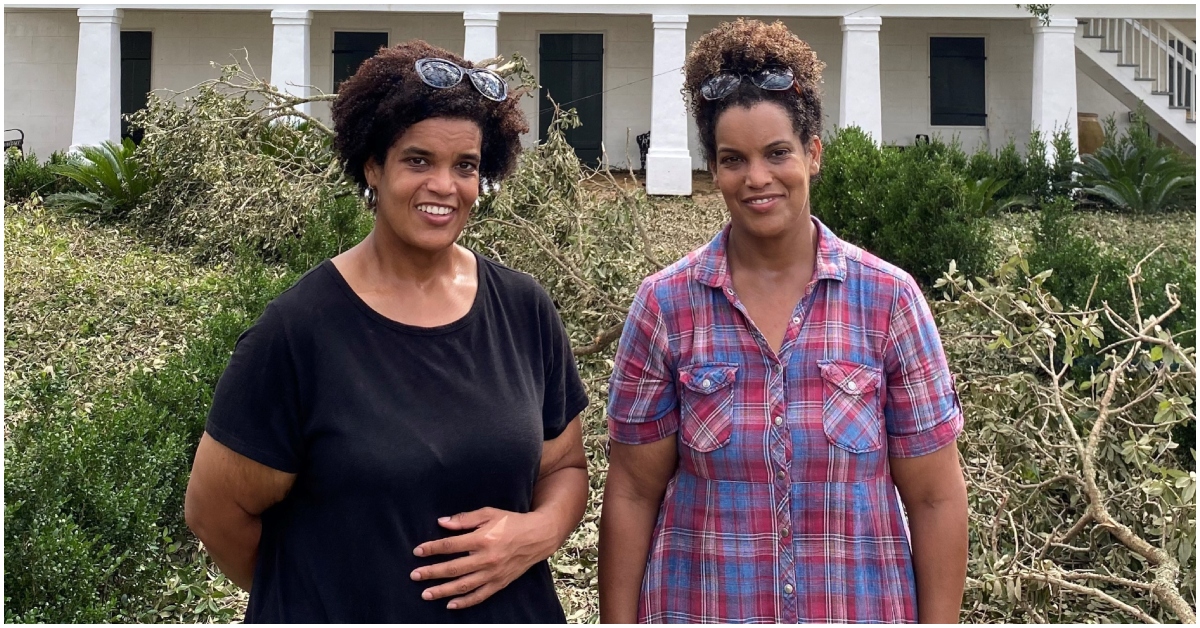Reclaiming a Painful Past for a Transformative Future
In a powerful move that reclaims a painful past, Dr. Joy Banner and her sister Jo Banner have become the first Black owners of the Woodland Plantation in LaPlace, Louisiana – the very site where their ancestors were once enslaved.
This groundbreaking acquisition marks a significant step in preserving the legacy of resistance and shedding light on the darkest chapters of American history.
Repurposing the Land for Education and Remembrance
Under the stewardship of the Descendants Project, the Woodland Plantation will undergo a transformative repurposing, serving as a hub for educational endeavors.
Initiatives such as archaeology, museum studies, heritage preservation, and tourism will take center stage, aiming to uncover and share the stories of those who endured the cruelties of slavery.
“The Banner sisters envision the site as a genealogical resource for Black individuals to access their history.”
One of the primary goals is to shed light on the 1811 Revolt, the largest slave revolt in American history, which unfolded on these very grounds. By preserving and sharing this pivotal event, the sisters hope to inspire future generations and foster a deeper understanding of the sacrifices made in the pursuit of freedom.
A Beacon of Hope Amidst Ongoing Challenges
While the acquisition of the Woodland Plantation is a momentous achievement, the Banner sisters’ journey is not without its challenges. They remain steadfast in their efforts to oppose industrialization projects that threaten historical sites like Woodland, recognizing the importance of safeguarding these invaluable pieces of the past.
With plans to open the grounds to visitors by the summer of 2024, the sisters are determined to create a space where individuals can connect with their roots, learn from the past, and draw strength from the resilience of those who came before them.
Honoring Ancestral Resistance and Resilience
Dr. Joy Banner and Jo Banner’s decision to acquire the Woodland Plantation is a testament to the power of reclaiming one’s heritage and honoring the sacrifices of ancestors.
By transforming a site once marred by oppression into a beacon of education and empowerment, they are paving the way for future generations to understand the depth of their history and the resilience that has shaped their present.
Through their efforts, the sisters serve as inspiring examples of how confronting the past can lead to a more enlightened and inclusive future, where the stories of those who fought for freedom are forever etched into the fabric of society.





